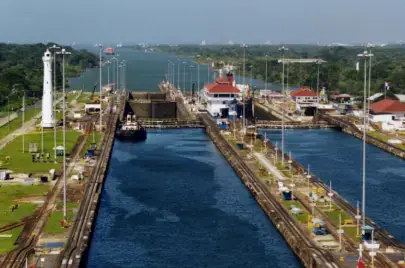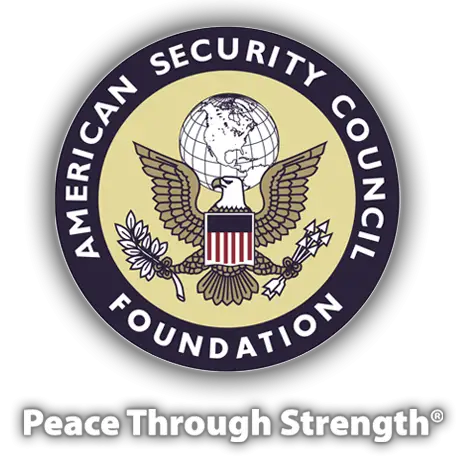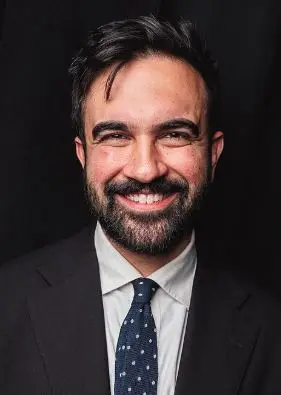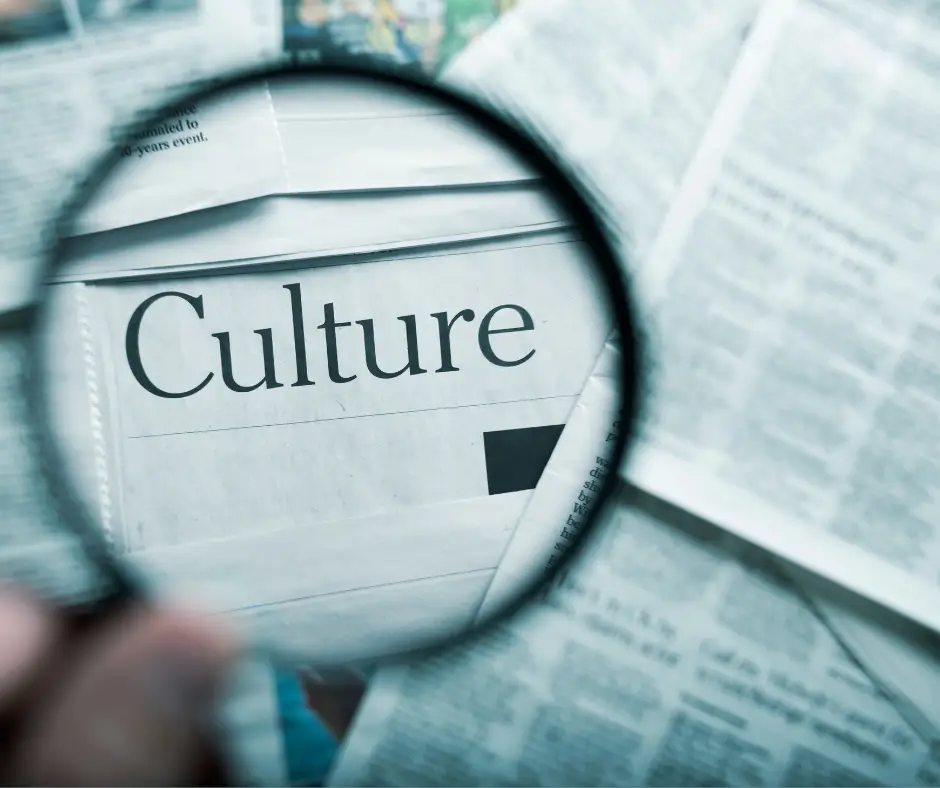
If you liked this article, please share it with your friends and family. You can also help the American Security Council Foundation shape American policy.

President-elect Trump said he would not let the Panama Canal fall into the “wrong hands,” warning of potential Chinese influence.
China has significant investments in Panama, including Hutchison Port Holdings, which administers the ports of Balboa on the Pacific side and Cristobal on the Atlantic side. Income to Panama over the twenty-five-year contract is estimated to be $800 million.
China’s Belt and Road Initiative (BRI) programs of infrastructure building and port management are substantial and a potential threat to American interests. China is a major trading partner of most countries throughout Latin America.
Panama as an independent nation was created in 1903 when it seceded from Columbia with the support of the United States. Panamanians had been clamoring for independence from Columbia for decades. The American support included sending army and navy forces to Panama even before Columbian troops were able to respond. Critics of the move called it “Gunboat Diplomacy.”
After independence, the Panamanian ambassador to the United States signed a treaty granting rights indefinitely to the United States to build and administer the Canal Zone.
To read the full article become a member of the ASCF today.
Peace Through Strength!




